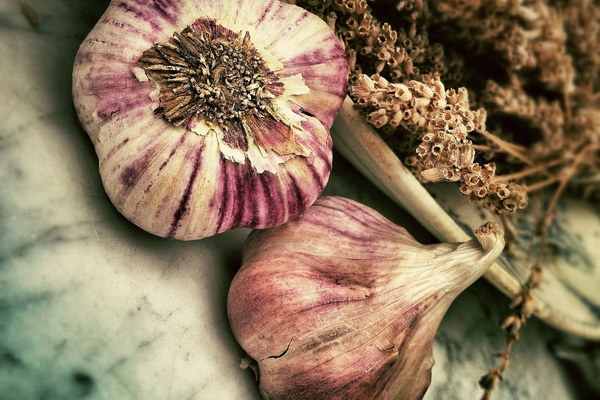How to Nourish and Protect Your Liver A Comprehensive Guide
In the fast-paced world we live in, taking care of our health is often overlooked, especially when it comes to our liver. The liver is a vital organ responsible for filtering toxins, metabolizing nutrients, and producing essential proteins. To ensure your liver remains healthy and functions optimally, here's a comprehensive guide on how to nourish and protect it.
Understanding the Liver's Role
The liver is a multitasking organ, performing over 500 functions in the body. It detoxifies harmful substances, synthesizes cholesterol, stores glucose, and produces blood-clotting factors. To keep it in good health, it's crucial to adopt a lifestyle that supports its functions.
1. Maintain a Balanced Diet
A well-balanced diet is the cornerstone of liver health. Here are some dietary tips:
- Incorporate Fiber-Rich Foods: Foods like whole grains, legumes, and fruits and vegetables help to improve digestion and prevent constipation, which can put less strain on the liver.
- Limit Processed Foods: Processed foods often contain high levels of unhealthy fats, sugars, and preservatives that can burden the liver.
- Eat Healthy Fats: Avocado, nuts, and olive oil are good sources of healthy fats that support liver function.
- Stay Hydrated: Drinking plenty of water helps to flush out toxins and maintain liver function.
2. Exercise Regularly
Regular physical activity is beneficial for the liver in several ways:
- Improves Blood Flow: Exercise increases blood flow, which helps the liver to remove toxins more efficiently.
- Boosts Metabolism: A higher metabolism can reduce the risk of fatty liver disease.
- Stress Reduction: Exercise is a natural stress reliever, and chronic stress can negatively impact liver health.

3. Avoid Alcohol and Smoking
Alcohol and smoking are significant risks to liver health:
- Alcohol: Excessive alcohol consumption can lead to liver inflammation, fibrosis, and cirrhosis.
- Smoking: Smoking can increase the risk of liver disease by damaging the liver's ability to detoxify chemicals.
4. Get Adequate Sleep
Sleep is essential for overall health, including liver function:
- Quality Sleep: Aim for 7-9 hours of quality sleep each night to allow the liver to rest and repair itself.
- Restful Environment: Ensure a comfortable, dark, and quiet sleeping environment.
5. Manage Weight
Obesity can lead to non-alcoholic fatty liver disease (NAFLD), a condition where excess fat accumulates in the liver:
- Healthy Weight: Maintain a healthy weight by eating right and exercising regularly.
- Monitor Portion Sizes: Be mindful of portion sizes to avoid overeating and promote weight management.
6. Reduce Exposure to Toxins
Toxins can come from various sources, including household cleaners, pesticides, and environmental pollutants:
- Use Natural Alternatives: Opt for natural, non-toxic alternatives to household cleaners.
- Eat Organic: Whenever possible, choose organic produce to minimize exposure to pesticides.
7. Regular Health Check-ups
Regular health check-ups are essential to monitor your liver health:
- Blood Tests: Blood tests can detect liver enzymes that indicate liver inflammation or damage.
- Vaccinations: Stay up-to-date with vaccinations, as some can help prevent liver disease.
Conclusion
Taking care of your liver is an ongoing process that requires a holistic approach. By adopting a balanced diet, regular exercise, avoiding harmful substances, getting adequate sleep, managing weight, reducing exposure to toxins, and scheduling regular health check-ups, you can ensure your liver remains healthy and continues to perform its essential functions. Remember, a healthy liver is the key to a healthy life.









